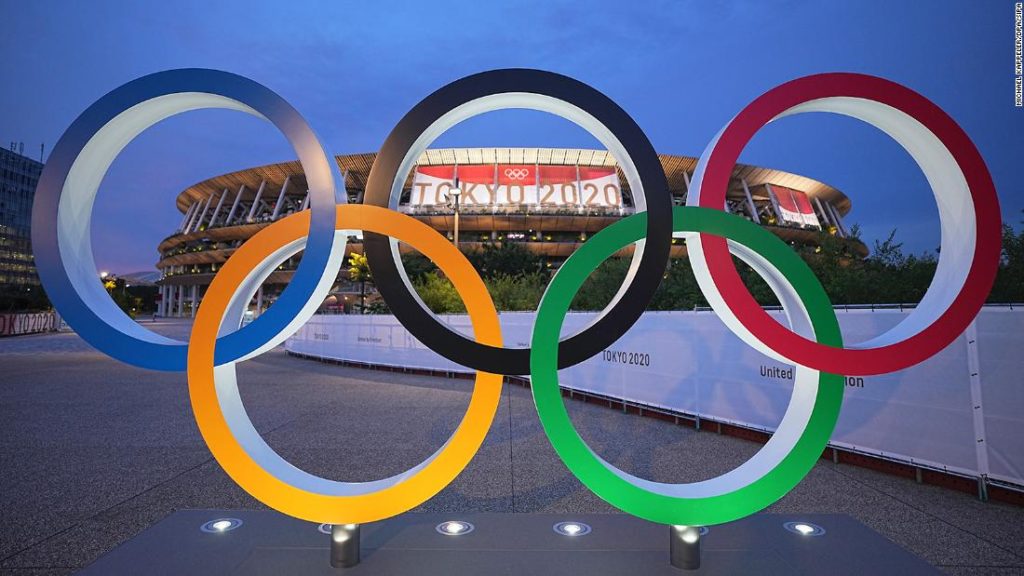Competition began Wednesday morning with Japan’s softball team facing off against Australia at the Fukushima Azuma Baseball Stadium. The opening ceremony will be held Friday, but Olympic events typically begin before the formal start for scheduling purposes.
These Olympics are expected to be a competition unlike the world has ever seen. Organizers decided to push ahead despite Japan’s struggle to rein in the spread of Covid-19, and with just two days until the formal opening, it is still not clear whether the public health measures in place are enough to prevent the Games from becoming a global superspreader event.
Athletes have already begun arriving, and more than 70 cases tied to the Olympics have been identified.
World Health Organization Director General Tedros Adhanom Ghebreyesus, who is in Tokyo for the Games, expressed confidence Japan could safely host the event in a speech to the International Olympic Committee (IOC), though its plans would be “put to the test.”
“There is no zero risk in life; there is only more risk, or less risk. And you have done your best,” he said.
The Olympic village is prepped with coronavirus testing and health centers, with signs reminding residents to wear face masks and keep at least 1 meter (about 3.3 feet) away from each other. Athletes will be contact-traced and tested for Covid-19 daily; if they test positive, they will be taken to an isolation facility outside the village, and will not be able to compete.
When Tokyo extended its coronavirus state of emergency until August 22, the IOC took the unprecedented step of barring fans from attending the competition.
The plan was that those participating in the Games would live isolated from the Japanese public, with athletes living in 21 residential buildings. However, the efficacy of that system is already in doubt.
“It’s obvious that the bubble system is kind of broken,” Tokyo public health expert Dr. Kenji Shibuya said in an interview with Reuters. “There seems to be some sort of interaction between guests and visitors and also local people.”
The IOC and Tokyo 2020 organizers did not immediately respond to CNN’s request for comment on Shibuya’s remarks.
Brisbane set to get the nod
The IOC is expected to approve on Wednesday its newest Olympic host city: Brisbane, Australia.
Brisbane will likely be awarded the 2032 Summer Games, as it was the only candidate in the running after being formally approved to host the Games in June. The IOC expressed confidence in Brisbane’s bid after the city on Australia’s Gold Coast successfully hosted the 2018 Commonwealth Games.
2032 will be the third time Australia hosts the Summer Games. The 1956 Games were held in Melbourne and the 2000 Summer Olympics were held in Sydney.
The 2024 Summer Olympics will be held in Paris and the 2028 Games in Los Angeles.
You may also like
-
Super League: UEFA forced to drop disciplinary proceedings against remaining clubs
-
Simone Biles says she ‘should have quit way before Tokyo’
-
Kyrie Irving: NBA star the latest to withhold vaccination status
-
Roger Hunt: English football mourns death of Liverpool striker and World Cup winner
-
‘Every single time I lift the bar, I’m just lifting my country up’: Shiva Karout’s quest for powerlifting glory

